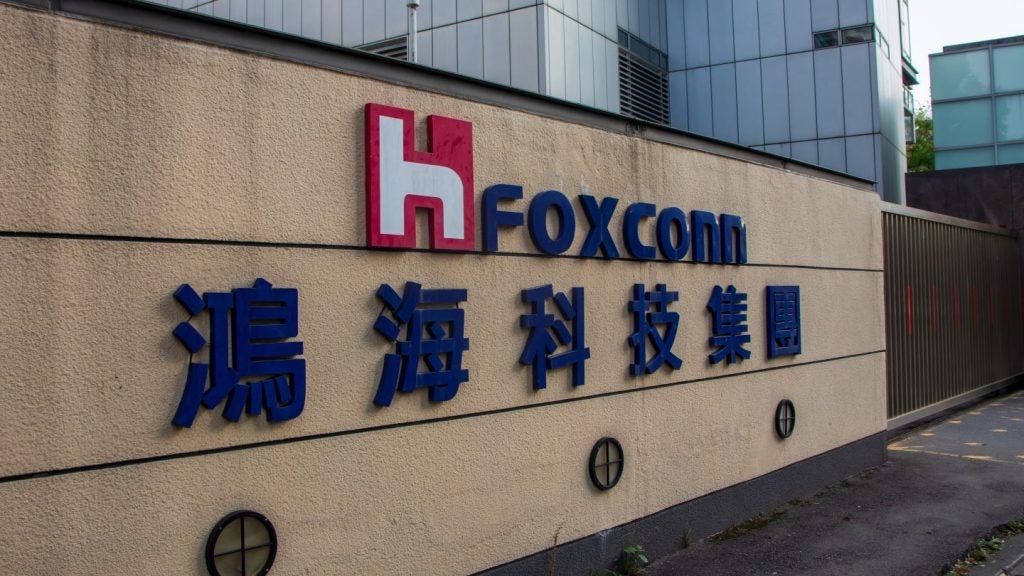The future of the application Software industry will be shaped by a range of disruptive themes, with cybersecurity being an important theme that will have a meaningful impact throughout the industry. A detailed analysis of the theme, insights into the leading companies, and their thematic and valuation scorecards are included in GlobalData’s thematic research report,Cybersecurity – Thematic Intelligence. Buy the report here.
The application Software industry refers to companies that design computer programmes, more often referred to as apps, aimed at carrying out specific tasks other than ones relating to the operation of the computer itself. These apps are designed for businesses, consumers, and enterprises.
Cybersecurity is the body of technologies, processes, and practices designed to protect networks, computers, programmes, and electronic data from attack, damage, or unauthorised access. The pandemic has accelerated the digitalisation of business operations which means application Software companies store more and more consumer data. Failure to protect this data can cause severe reputational damage and incur serious fines if a company has failed to comply with the EU’s General Data Protection Regulation (GDPR).
Additionally, a successful cyberattack can bring a tech company to its knees. Ransomware can force companies to halt production by crippling information technology (IT) and operational technology (OT) infrastructures and disrupting supply chains. Therefore, it is more important than ever that companies invest in robust cybersecurity networks. According to GlobalData forecasts, the global cybersecurity industry will grow at a compound annual growth rate (CAGR) of 9.5% during 2020-2025.
However, not all companies are equal when it comes to their capabilities and investments in the key themes that matter most to their industry. Understanding how companies are positioned and ranked in the most important themes can be a key leading indicator of their future earnings potential and relative competitive position.
According to GlobalData’s thematic research report Cybersecurity, leading adopters of cybersecurity infrastructures include: Microsoft, Apple, Amazon, Alphabet, Splunk and IBM.
Insights from top ranked companies
In 2021, Microsoft made four cybersecurity acquisitions. The July 2021 purchase of identity and access management (IAM) start-up CloudKnox Security followed earlier deals for threat intelligence start-up RiskIQ and IoT security start-ups CyberX and Refirm Labs. Security is now big business for Microsoft. Its security revenue surpassed $15bn in 2021, up nearly 45% year-on-year. In February 2022, it was linked with a possible bid for Mandiant. Google ultimately acquired Mandiant and can now be regarded as a direct competitor in cybersecurity. Despite the success of its security business, vulnerabilities in Microsoft’s products mean that its apps and systems remain high-value targets for hackers. Microsoft services under continual pressure include Active Directory, Exchange and Azure.
In November 2021, Splunk announced partnerships with Code42 and Zscaler. The Code42 tie-up means security teams using the Code42 Insider Threat app for Splunk can identify and prioritise the most critical insider risk events and reduce investigation and response time. Splunk’s relationship with Zscaler is intended to provide a simpler way for businesses to achieve zero-trust security in their network and organisational ecosystems. The solution seeks to team up Zscaler’s Zero Trust Exchange together with Splunk’s Data-to-Everything platform to achieve firstly zero network access, which limits lateral movement within corporate systems by restricting access to only the specific application required, and then zero passthrough, making sure that all connections are secure from threats and data loss, and that access is only allowed based on the context of the data itself.
Alphabet, the parent company of Google, has dramatically increased its cybersecurity focus with the January 2022 purchase of Israeli start-up Siemplify for $500m and the $5.4bn acquisition of Mandiant two months later. Siemplify provides security orchestration, automation, and response (SOAR) capabilities and will be integrated into Google Cloud’s security offerings to help companies better manage their threat response. Google’s acquisition of a SOAR tool is not surprising. It has been regarded as a missing piece of Google’s cloud-based security offering compared to what other security analytics platforms have had for several years. Mandiant focuses on cyber-incident response and cybersecurity testing.
To further understand the key themes and technologies disrupting the technology industry, access GlobalData’s latest thematic research report on Cybersecurity.
- IBM
- SAP
- Baidu
- Cloudera
- Dynatrace
- Alteryx
- Infor
- Broadcom
- Salesforce
- Datadog
- Sumo Logic
- Oracle
- Snowflake
- Bentley Systems
- Software AG
- Huawei
- UiPath
- Automation Anywhere
- Meta
- iFlytek
- Open Text
- Zoom
- Palantir
- SenseTime
- ServiceNow
- Autodesk
- Hikvision
- Amdocs
- Micro Focus
- TIBCO Software
Data Insights
From

The gold standard of business intelligence.
Blending expert knowledge with cutting-edge technology, GlobalData’s unrivalled proprietary data will enable you to decode what’s happening in your market. You can make better informed decisions and gain a future-proof advantage over your competitors.









